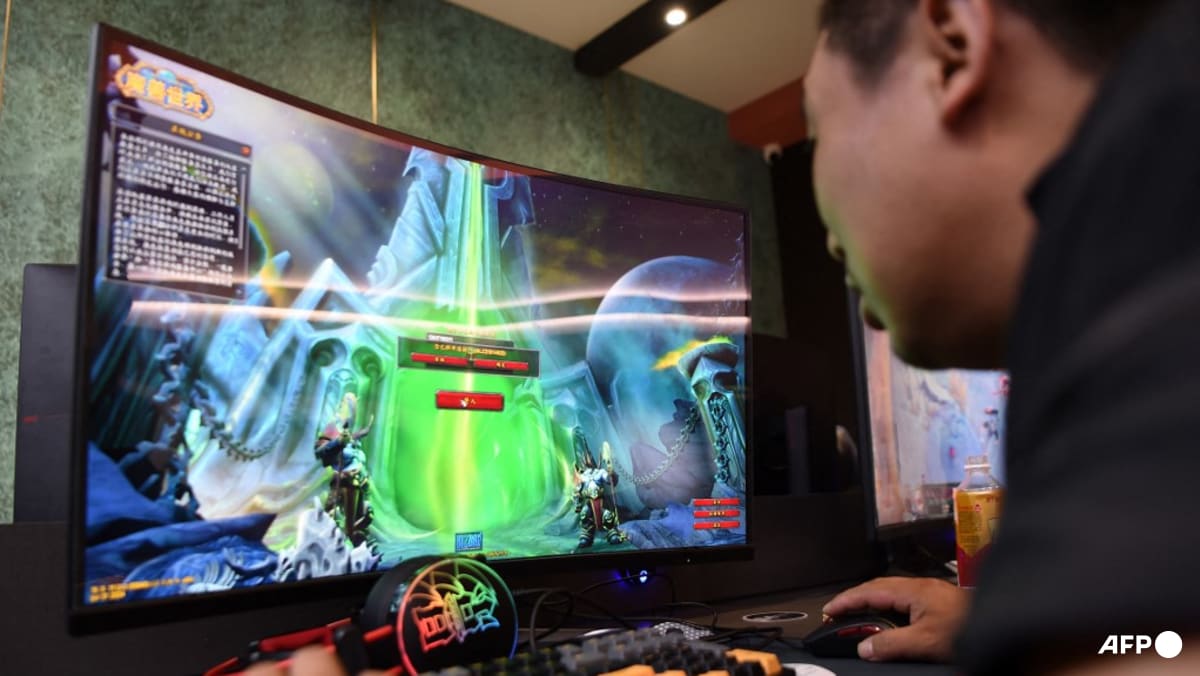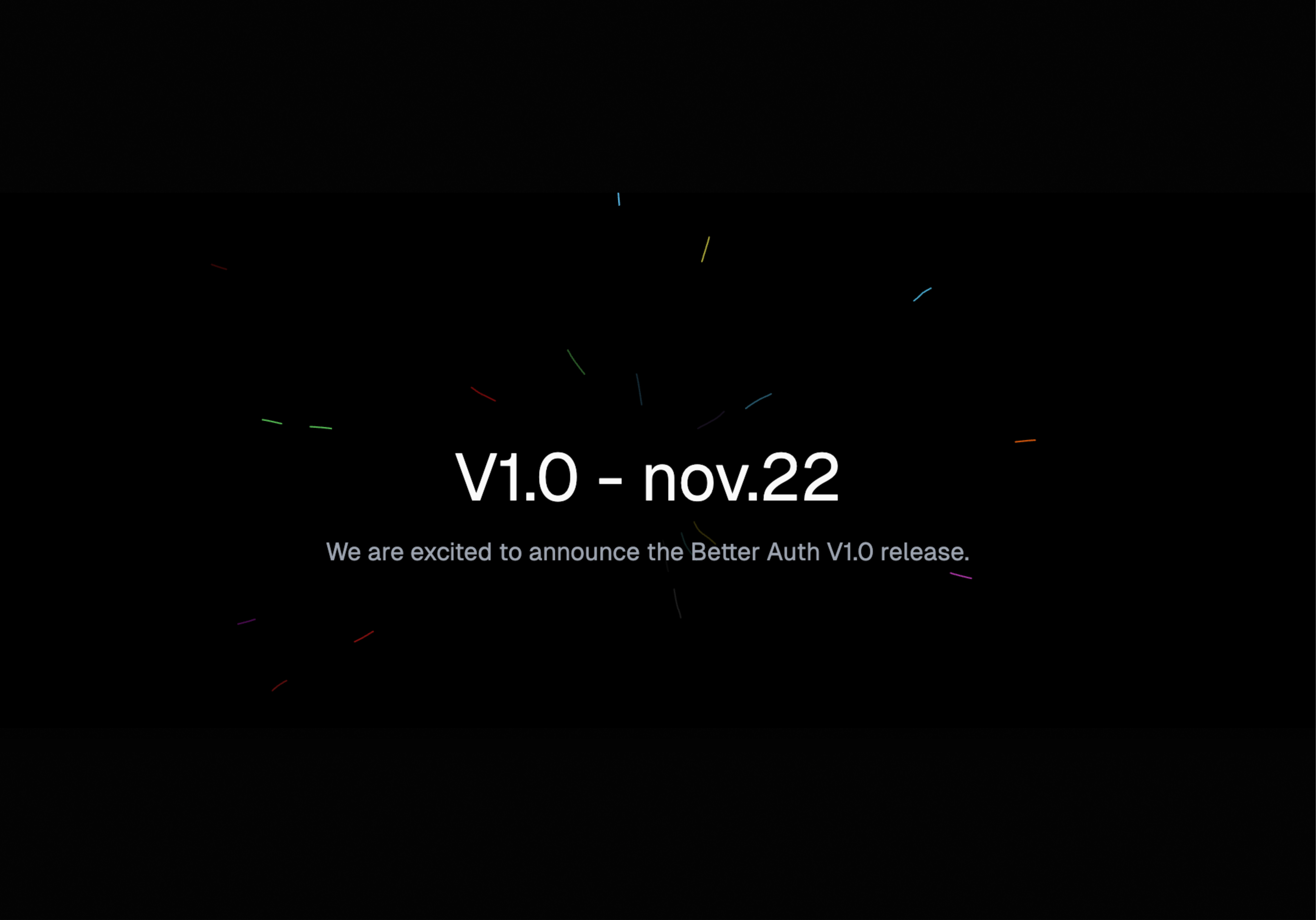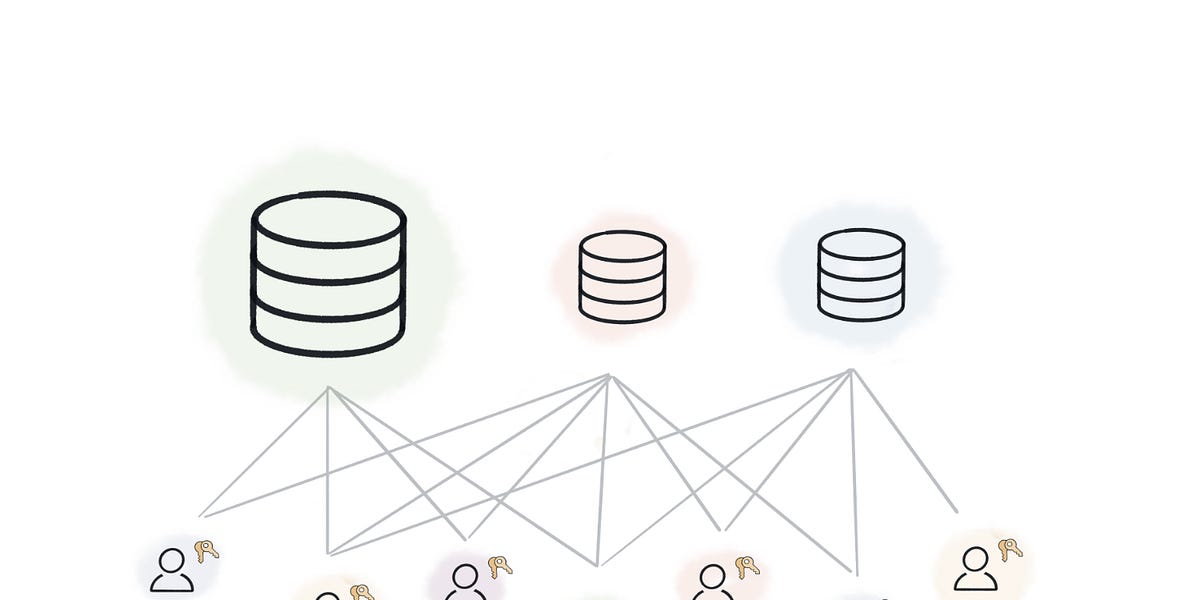
Nature's many attempts to evolve a Nostr
Here is the architecture of a typical app: a big centralized server in the cloud supporting many clients. The web works this way. So do apps.
This architecture grants the server total control over users. The server owns your data, owns your account, and owns the cryptographic keys used to secure it.
That last bit is obscure, but important. Cryptographic keys are how we enforce security, privacy, ownership, and control in software. Not your keys, not your data.
The architecture of apps is fundamentally feudal. Apps own the keys and use them to erect a cryptographic wall around the hoard of data us peasants produce. You “sign in” to cross the drawbridge, and the castle can pull up the drawbridge at any time, shutting you out.
"Centralization" is the state of affairs where a single entity or a small group of them can observe, capture, control, or extract rent from the operation or use of an Internet function exclusively. ( RFC 9518: Centralization, Decentralization, and Internet Standards)
Powerful network effects build up inside those castle walls. These network effects can be leveraged to generate further centralization, extract rents, and shut down competition.
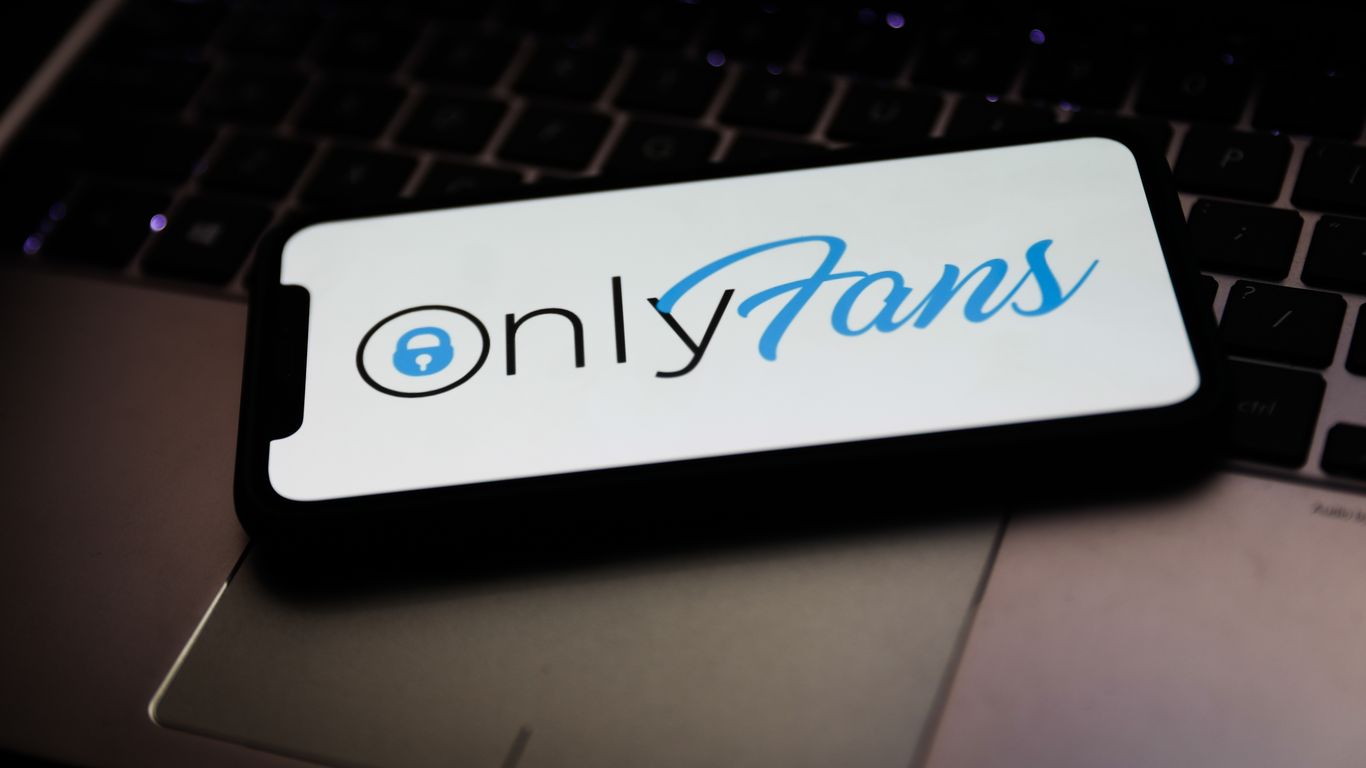










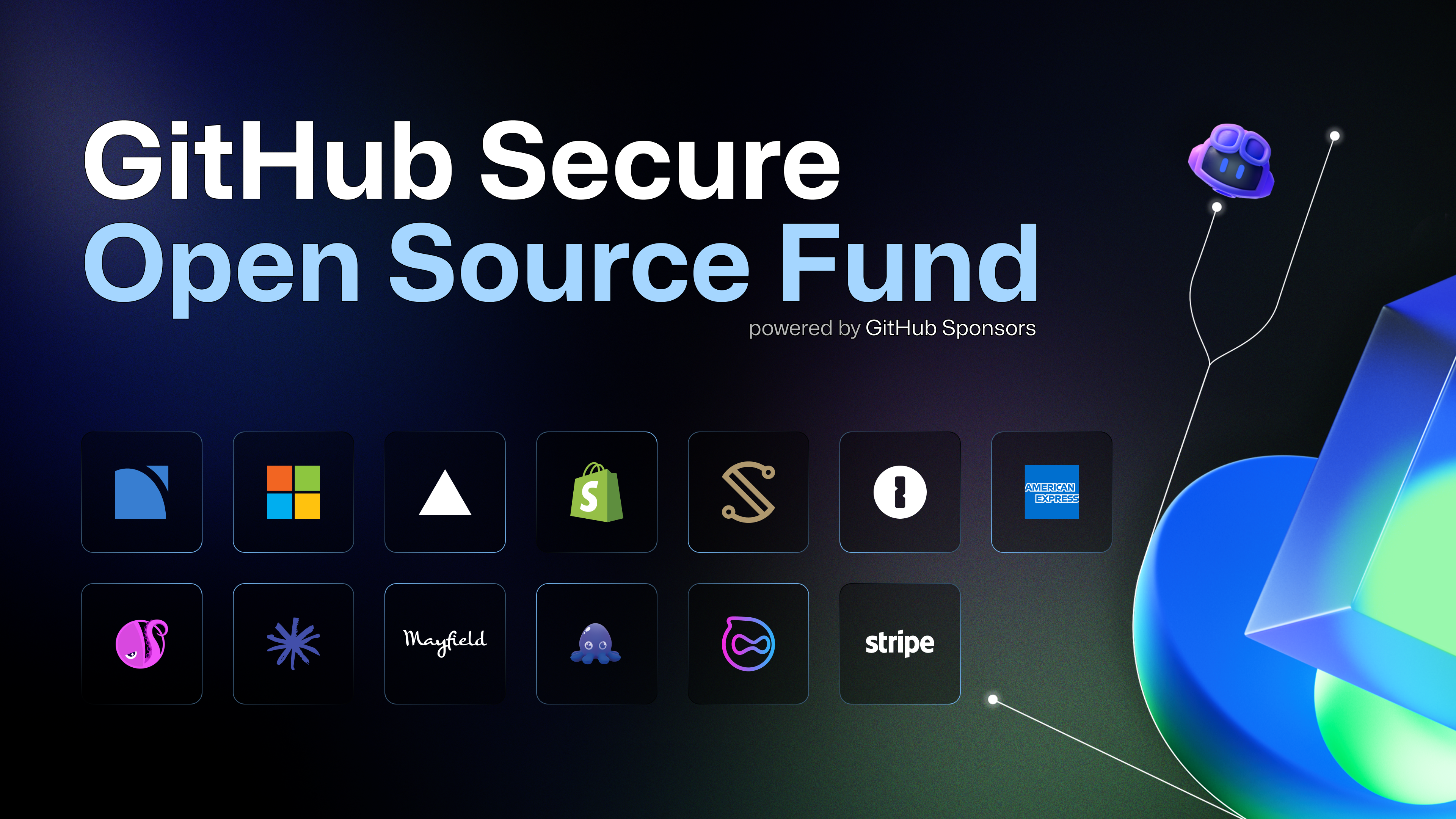
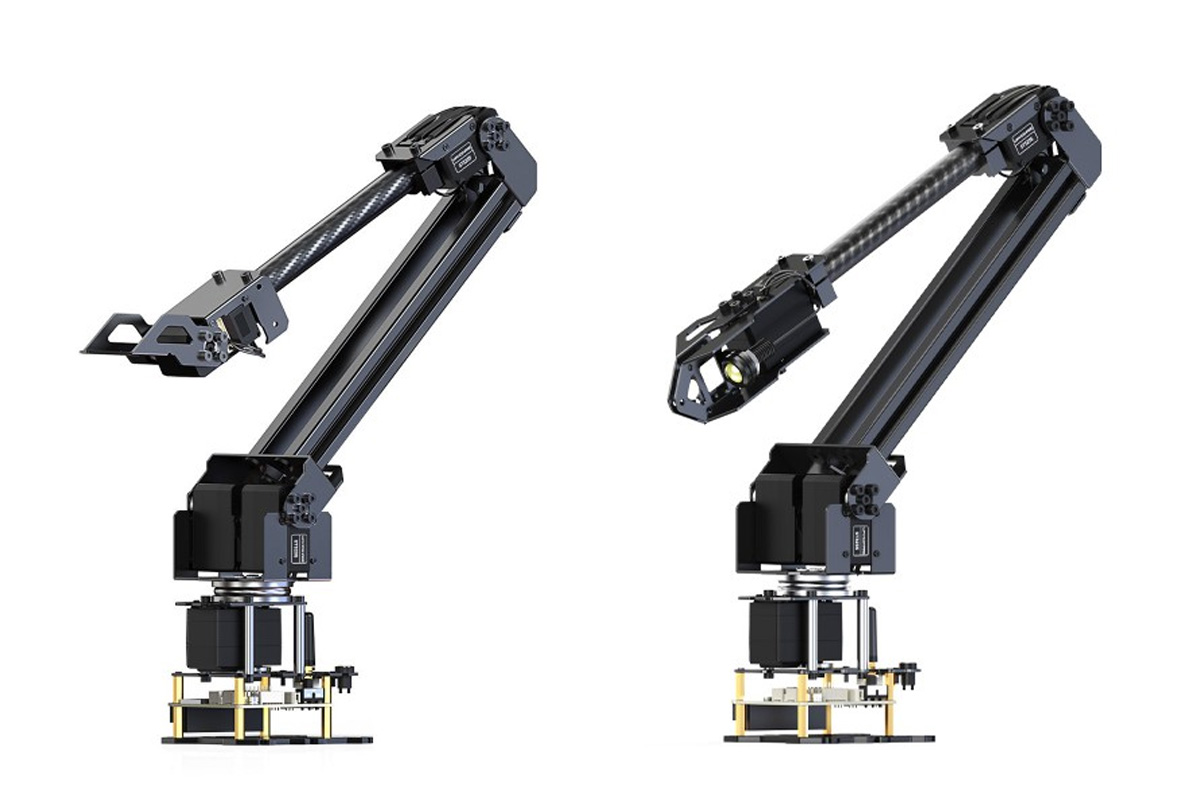



/cdn.vox-cdn.com/uploads/chorus_asset/file/24083660/STK171_L_Allen_Musk_02.jpg)
